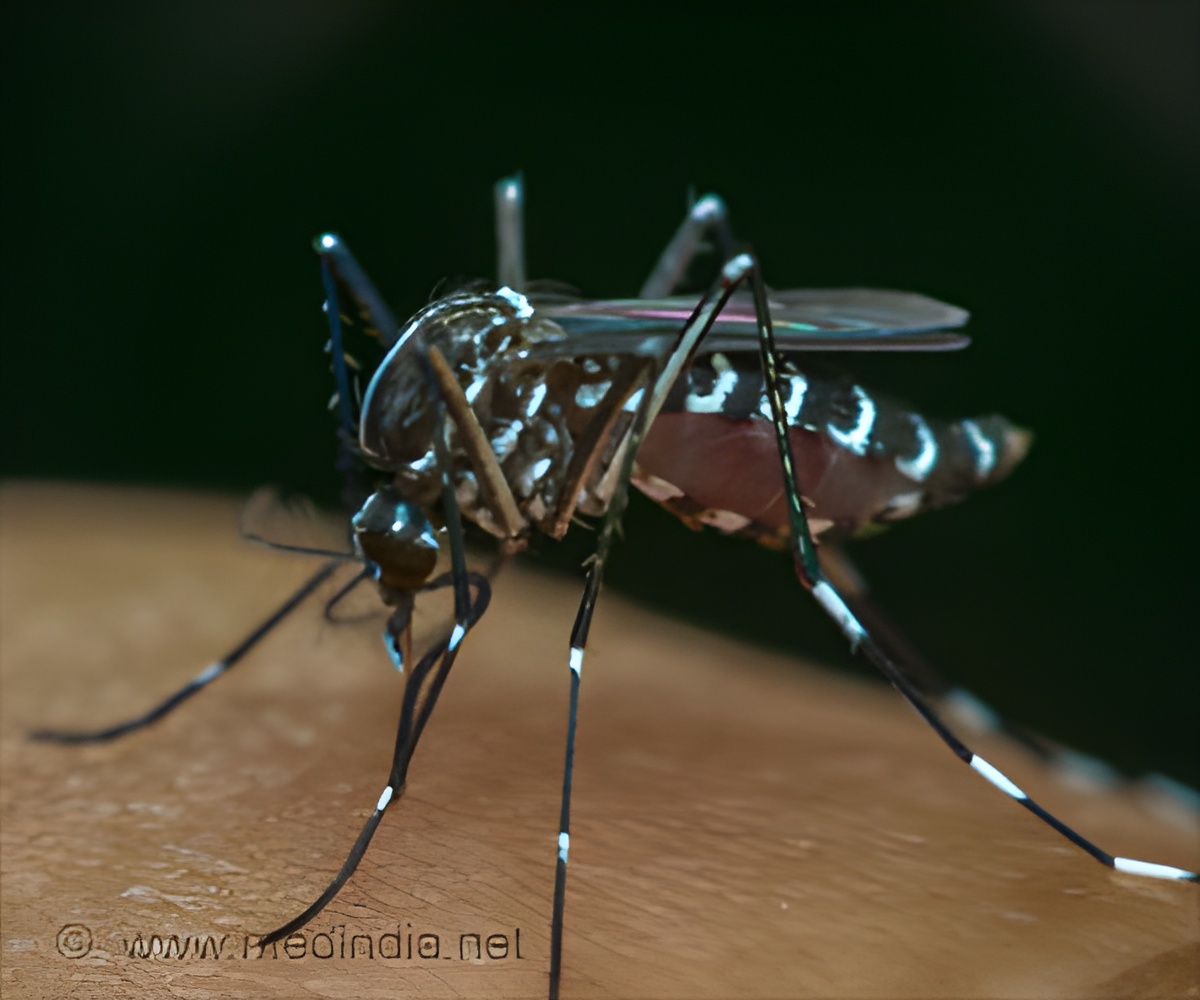How the Zika virus attacks the brains of newborns has been elucidated by researchers.

‘In early postnatal Zika-infected models some brain areas and cell types showed particularly large increases in apoptosis that was not observed in older animals.’





In a study that could one day help eliminate the tragic birth defects
caused by Zika virus, scientists from the Florida campus of The Scripps
Research Institute (TSRI) have elucidated how the virus attacks the
brains of newborns. This information could accelerate the development of
treatments.
The study, led by TSRI Associate Professors Hyeryun Choe and Damon Page, was published recently in the journal Nature Scientific Reports. In the new study, the scientists observed the virus's effects in animal models at two different points - during early postnatal development, when the brain is growing rapidly, and at weaning, when the brain has largely reached adult size.
"In early postnatal Zika-infected models some brain areas and cell types showed particularly large increases in apoptosis [programmed cell death] that we did not observe in older animals," Choe said.
The findings expand the current knowledge of cell types vulnerable to the effects of Zika infection to include not only neuron progenitor cells, but also post-mitotic neurons that have finished dividing but are still are undergoing rapid increases in cell size. These results are consistent with the theory that periods of rapid brain growth are especially susceptible to the damaging neurodevelopmental effects of Zika infection.
"An interesting aspect of the study is the comparison of the two time points," Page noted. "There is neural cell death at both times, but it's much greater when the brain is growing rapidly. We can take advantage of this strong effect to test potential treatments and to understand whether some genetic backgrounds may confer enhanced susceptibility or resilience to Zika-induced microcephaly."
Advertisement
The team is continuing to build on this study to better understand and combat the virus.
Advertisement









